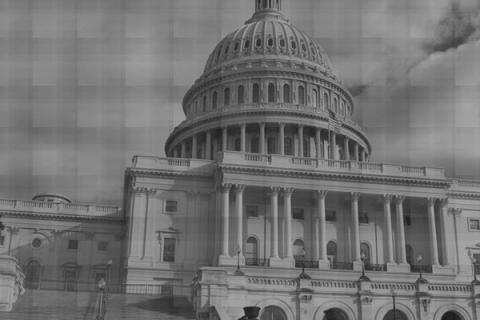The largest organization of independent voters in the country, New York City-based IndependentVoting.org, hosted a national conference call with over 150 attendees Tuesday, June 25, in which the organization's president, Jacqueline Salit, explained a new campaign designed to assist the Presidential Commission on Election Administration in identifying and redressing perceived shortcomings.
The “nonpartisan” Presidential Commission on Election Administration was established through a presidential executive order issued on March 28, 2013, after Obama pledged to find nonpartisan ways to “shorten lines at polling places, promote the efficient conduct of elections, and provide better access to the polls for all voters.”
The commission is headed by two co-chairs: attorney Robert F. Bauer, who worked on Obama's presidential campaign, and attorney Benjamin L. Ginsberg, who worked on Mitt Romney's presidential campaign.
The commission is “bipartisan in design,” said Salit, noting in her open letter to the commission that the executive order “was amended to change the commission from nine members to ten, perhaps to ensure an even partisan split.” She emphasized that whatever the motive, a nonpartisan approach must be taken in favor of a bipartisan one.
“When I first read the executive order, I was stunned," Salit stated. "To me, it was the political equivalent of going to the emergency room with symptoms of a heart attack and they decide to trim your toenails.”
She added that the commission does have a mandate to ensure that every entitled voter has ease of access to the polls, which has been one of the biggest hurdles for independent voters.
Salit believes that a unique opportunity has been presented to independent voters in the form of the public hearing process that the commission is required to undertake.
There are “many negative experiences to share with the commission ,” said Salit, calling on independent voters to provide testimony about problems faced and stating that the commission must be challenged on the way it has framed the problem:
“We need to educate the commissioners about the fact that the structure of the electoral process is first and foremost set up to accommodate the parties, not the voters. Something must be done about that.”
Convincing the commission to focus their attention on the primaries, where so many abuses against independents occur, and allowing the public to hear the demands for more democratic election laws are among other plans raised.
Steven Richardson, founder of Virginia Independent Voter Association, attended the commission's first public hearing in Washington, D.C., which did not permit testimony, but saw the swearing in of the commissioners and allowed them to formally meet one another. According to Richardson, it was clear that the commission is making every effort to limit the scope of their activity.
“The commission was not prepared for comments at the swearing in in Washington, D.C., but they do know that independents are watching. I encourage everyone to remind them that counting all the votes is not as important as counting all the voters,” said Richardson.
Richardson will also be heading up a committee designed to monitor the commission hearings, help prepare testimony, and develop public comments.
The commission is holding its first hearing where public testimony will be allowed Friday, June 28, at the University of Miami. IndependentVoting.org has a team attending and hopes to voice the concerns of the 26 percent of independent Florida voters.

